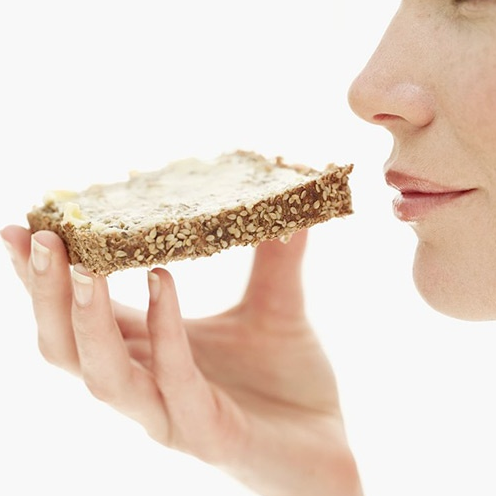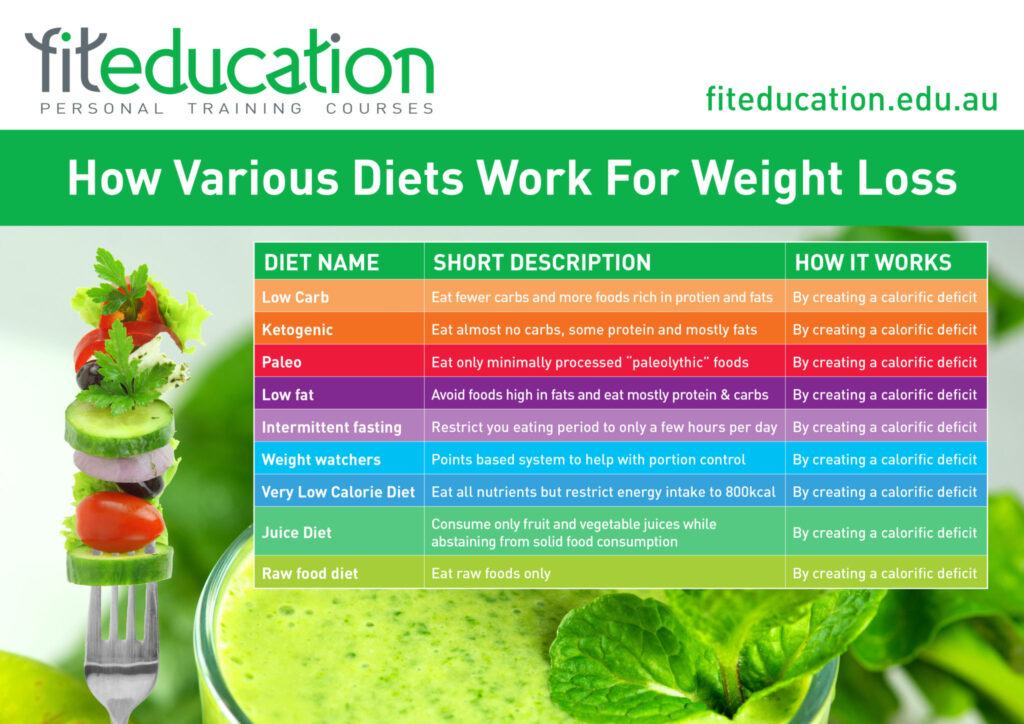
Carbohydrates: One of the biggest misconceptions around is that you should limit your carbohydrate intake when trying to lose weight. Myths like these have been given credibility due to celebrities claiming that they lost an incredible amount of weight by strictly following diets like the Atkins diet. Without going into the physiology behind this, it is simple enough to say that your body needs carbs to function, particularly those with an active lifestyle or who are training for events.
When a person exercises regularly, their kilo-joule requirements can often double and in some cases even treble. As carbs are the principal source of energy they are essential in all diets but especially for an active person.
The other important factor is that carbohydrates are the only fuel source that can be broken down aerobically and anaerobically (with oxygen and without oxygen). As a rough indicator your dietary breakdown should be approximately 55-60% carbohydrates, 20-25% fat and 15% protein.
If you are going to restrict anything, you may consider reducing your fat intake or sticking to complex carbs, rather than simple, because of their low glycemic index. The glycemic index level in food indicates the rate at which glycogen is broken down for food fuel. Foods with a low glycemic index:
- leave you feeling fuller for longer;
- steady the blood sugar levels in your body so that you don’t peak in energy and reach for the nearest chocolate bar
- Help maintain a steady and healthy metabolism
Some easy foods swaps to introduce healthier carbohydrate foods into your diet are
- Eat brown bread or whole grain breads instead of white bread
- Sweet potato instead of white potato
- Whole oats (porridge) instead of boxed cereals
- Use basmati or brown rice instead of Jasmine rice
- Nuts such as almonds, brazil and cashew instead of potato chips
- Water or fuit smoothie instead of soft drinks and bottled juices
- Almond milk in your coffee instead of Rice milk

If you found this article interesting, you may also enjoy reading Fat Burning Exercise: The Facts, Hydration Issues – Preparation And Recovery, or Nutrition – The Secret Behind The Perfect Body Composition.
Nutrition, the various diets and healthy eating are covered in the Certificate III in Fitness, Certificate IV in Fitness and Diploma of Fitness courses. Fit Education also offers a Nutrition Short Course.
